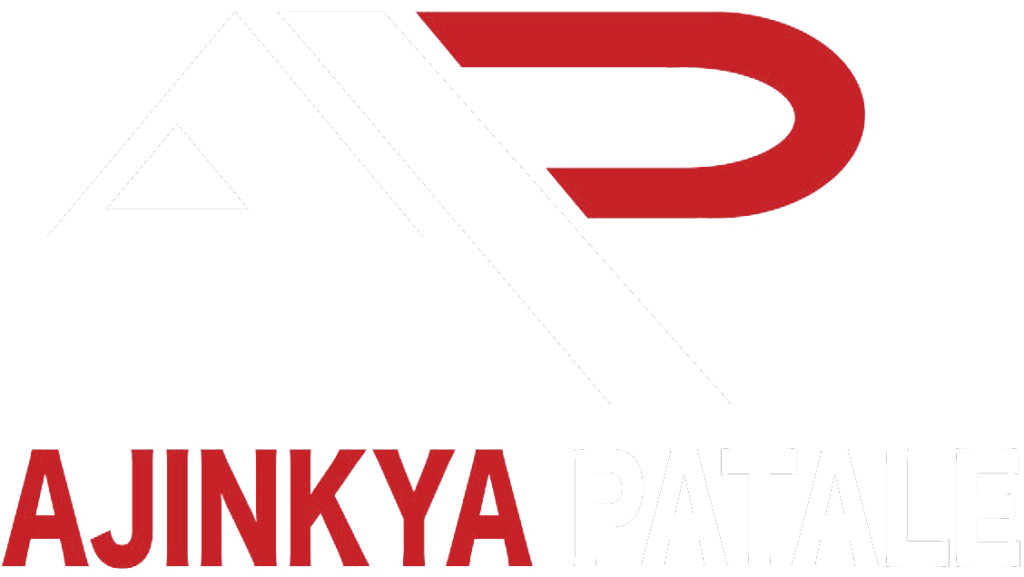Step by Step Guidelines for PMP Certification
I am a PMP-certified professional and I know it’s intimidating to even think about how much time and effort it requires to prepare and appear for the PMP exam. Certification is not hard, but not that easy as well.
First of all, let me talk about the eligibility myth everyone believes and want to clarify how you can make yourself eligible for the PMP certification
Eligibility for PMP certification
According to PMI (Project Management Institute), one should have 5000 hours of relevant PMP experience.
Now let me tell you this, as per PMP guidelines there are many phases where you can claim your PMP eligibility hours.
As per PMP, there are 5 phases.
- Define – Initiation
- Design – Planning
- Build – Execution
- Test – Monitoring and Controlling
- Close – Closure
Now in your entire work experience if you have participated in any of these activities, then you can claim these hours for applying for PMP certification.
Let me give you some examples:
- If you have participated in the planning of project requirements and contributed to defining the product backlog items, then you can claim those hours.
- If you have worked on developing a solution and participated in various meetings and contributed to a software release lifecycle, then you can claim those hours
- If you have been a part of a testing team where you have worked with product stakeholders in defining, designing, and validating the solution, then you can claim those hours.
I have created an excel sheet that helps you to evaluate your work hours and distribute as per PMP application requirements. Please reach out to me via our contact form and I will help you in your application for PMP
PMP preparition guidelines
Now, this is one of the most important and crucial parts of the entire certification process. If you follow this process, you will have definite success in getting PMP certification on your first attempt.
Follow these guidelines and I am sure you will have success.
Reading from PMBOK
As part of your PMP registration, you will get a copy of PMBOK, which is the standard guidelines, PMI expects you to know as the questions in the exams are based on PMBOk. My recommendation is to not read from PMBOK from the start. There are many other study materials that you can start with, e.g. Rita Mulcahy’s 9th and 10th edition books. These are the most relevant and easy-to-understand logic of PMP very well explained and very helpful if you are planning to prepare for the PMP certification.
Time dedication
You need to make up your mind before thinking of getting PMP certified. As per my understanding, you need to consider at least 3-6 months for preparing and then appearing for the exams. I did it in 3 months and I will explain my study plan to you so that you can get a fair understanding. Make it a point that you study at least 4 hours daily if you are planning to give an exam in 3 months, and if you are planning to give in before 6 months then you can spend 2 hours daily preparing for the exam.
Practice test exams
This is one of the most important steps in preparing for the exam. There are many online practice tests available that can help you understand the pattern of the actual PMP exam. I think you should consider attempting at least 8000 to 10000 questions before you appear for the final exams. I have a huge list of online materials where you can find these practice tests. If you want to know, please contact me in my contact details and I will help you with the Online resources, mobile apps, etc.
Study plan is must
I strongly suggest creating your own study plan which you can religiously follow daily until the exam date. Make sure you daily review the plan before you start studying and track your progress very strictly. See PMP certification is not that easy that you can pass in 1st attempt, so plan your study, execute as per your plan and get success.
Practice exam tip
This is what I did and it helped me to pass my PMP exam on 1st attempt. I gave practice tests as per the chapters and all the wrong answers I gave, I went back and read them from different study materials. The base rule of preparing for the exam is not memorizing anything, but understanding them. Here is what you should do.
- Give practice exam test
- Review answers
- go back and check the topic where you gave wrong answer and understand what was the scenario where the question was framed.
- The best part is to understand how the incorrect options were placed and how you could eliminate them while answering the questions. This is called the elimination technique.
If you practice this, and you follow my earlier tip of completing at least 8000 to 10000 questions, you will understand the pattern and start getting confidence in answering the questions faster. Remember you have limited time and you only have 1 min to answer each question.
Join PMP community
This has been one of the most important steps in my PMP journey where I got great groups where got great mentors who supported me in answering my queries and helping me understand the process. I think this is one step you should do right when you start thinking of becoming a PMP certified professional. There are many groups, local PMP chapters, etc. who help in preparing for the PMP certification. My suggestion is to be a part of one.
Exam day prep
This is what I did and I strongly recommend you should also do that. This will prepare your brain to be active at the time of your exam.
- Set your exam date well in advance so that you have a target to complete your studies
- The exam timing is mostly in the afternoon, so when you practice your test at home, make sure you give your practice test at the same time as your final exam so that your brain is trained to be active at that time of the day
- Take ample rest before the exam date, don’t overdo it, and be calm before the date of your exam. Rest is very important before your exam date, so take it. Don’t revise or panic before your exam date.
- Remember you have to practice this so go for it and give your best.



